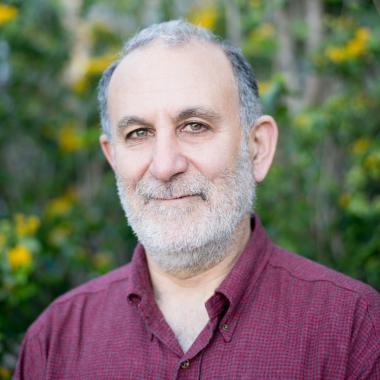Jim Kahn, MD, MPH
Emeritus Professor of Health Policy
We must better understand the overall cost of dementia, the costs of intervening and the anticipated health and economic benefits of effective interventions.
Current Work
Jim conducts health economics research, teaching, and advocacy. His research focuses on (a) the cost and cost-effectiveness of prevention and treatment interventions in many disease areas, in the U.S. and in low and middle income countries, and (b) the economics of single payer / Medicare for All in the U.S.
Personal Hero
Uwe Reinhardt
Words of Strength
Using health economics for good
Vision
To most effectively reduce the scale and impact of dementia, Jim believes we can apply the tools of economics. These include understanding the direct and indirect costs of dementia; studying the costs of intervening; and portraying the anticipated health and economic benefits of effective interventions scaled to meaningful levels.
Strategy
As a health economist,Jim examines the cost of specific dementia interventions and, soon, portfolios of interventions. He mentors young researchers conducting dementia-related economics investigations.
Motivation
Jim hopes that his modeling of intervention portfolio costs and cost-effectiveness, with colleague Dominic Trépel at Trinity College Dublin, will provide a valuable tool for the design of broad intervention portfolios that most efficiently use public resources to address priority prevention, treatment and care needs.
Education & Experience
Jim is trained in medicine (Albert Einstein College of Medicine, 1986), public health / epidemiology (UC Berkeley 1988), and health policy and health services research (1991). He has been on faculty at the Philip R. Lee Institute for Health Policy Studies at UCSF since 1991, and in 2018 shifted to emeritus status, but remains active at UCSF with a recall appointment. In 2012, he founded the Global Health Economics Consortium, which he directs.
Send
Jim
a Note


